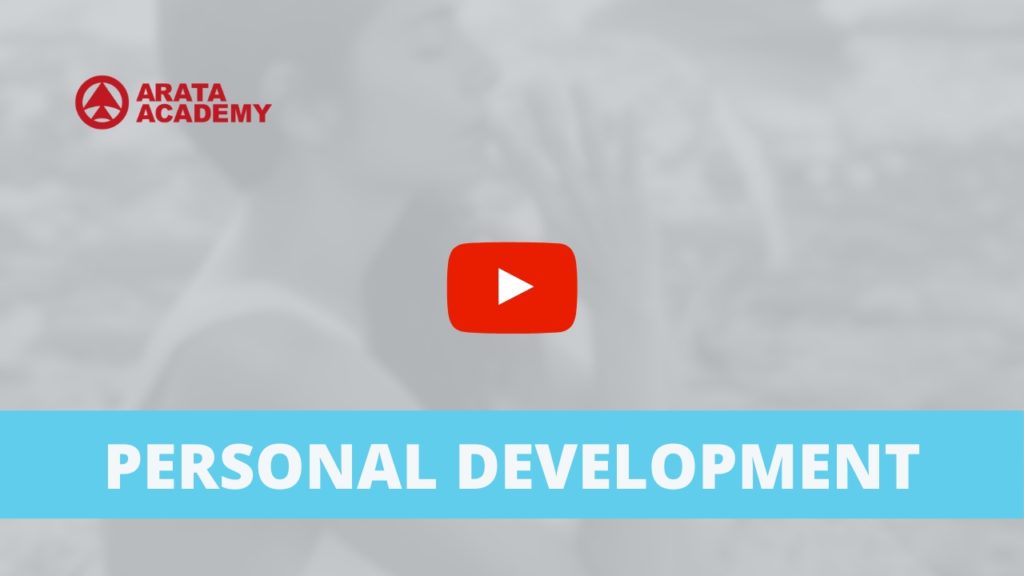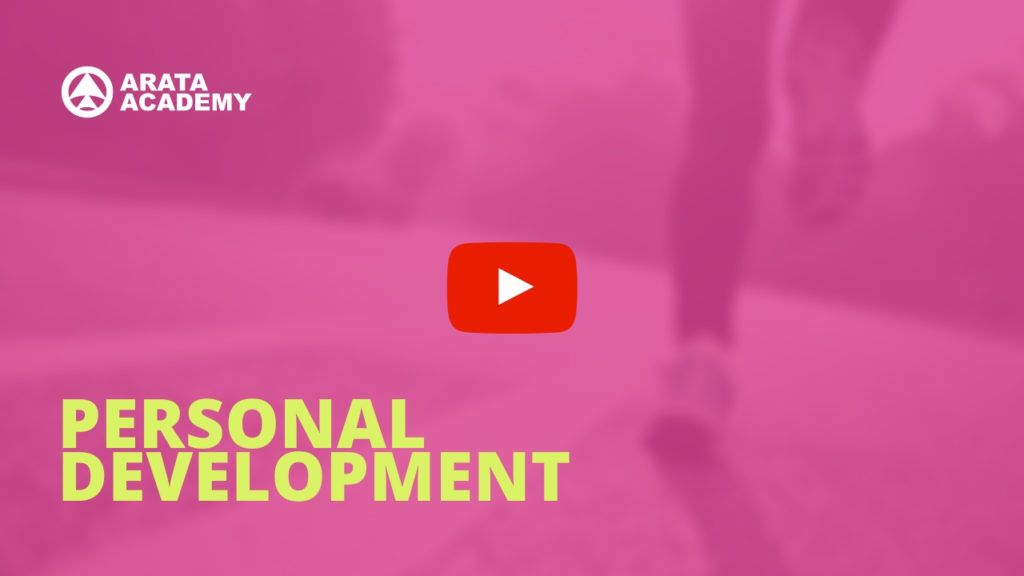Hello! Seiiti Arata. Your attitudes can determine how happy or unhappy you are. When we look at different types of behaviour, there are some obvious patterns of behaviour in unhappy people… and we could even go as far as to say that this behaviour could be the cause of the unhappiness. When we become conscious of the attitudes that unhappy people have, we are able to make more positive changes. Therefore, in our search for personal development, let’s look at three different mindsets that unhappy people have, so we can eliminate them from our lives now.
1. Making things seem worse than they are
Unhappy people allow their behaviour to be dominated by worry and fear.
People that always seem anxious tend to be those who want immediate results. This worried mindset and lack of patience are what stop them from persevering in the tasks that need to be maintained in order to see any real, long-term changes.
We give up on things too easily. We give up because we’re uncertain about the future, which makes us feel worried and scared.
In order to control your worries and fears, you need to focus on something else. When all you’re doing is obsessing over the one thing that’s making you fell worried, you’ll find that keeping yourself busy with other tasks will help to put your mind at rest a little bit.
We may also feel worried or scared when we realise how tiny we are when facing the big obstacles in life.
How can you stop yourself from making things seem worse than they are? The only way to do it is through Personal Development. You need to grow as a person.
Every time we go through something that scares us or makes us feel worried, a good thing to do is to look for a safety net – look for resources or try to learn skills or techniques that’ll strengthen you as an individual. In this way, you’ll become a lot more independent. It is a progress when you become less dependent, and more independent.
However, the journey to personal development doesn’t end here, the next stage is interdependence. If you find it difficult to deal with stress and fear, have a look at our Personal Development course – https://arata.se/personaldevelopment and you’ll be on your way to becoming more interdependent and finding the strength to move on to the next stage in your life.
2. Childlike mentality
When something goes wrong, how do you react?
Do you automatically look for someone to blame? Understandably, blaming other people and certain circumstances for your problems might make you feel a little bit less frustrated.
However, it doesn’t help us to grow, and it definitely doesn’t contribute to our personal development. As time goes on, we might find yourselves feeling resentful towards the people or circumstances we blamed and we might find yourselves criticising others more often. We will probably become stagnant and lose hope. We might become cynical. We may believe that there’s no point in trying to change our behaviour.
We have to overcome the temptation of looking for someone else to blame. Yes, it’s pretty convenient to have a scapegoat all the time – but it’s not useful for your Personal Development. We need to change our mentality and take responsibility for our actions.
It could be that actually, something wasn’t our fault at all. But at the end of the day, it doesn’t matter whose fault it is. What matters is that we are responsible to find a way to make the situation better. We need to make changes, try new strategies, learn new skills, meet new people, and invest more time.
If you find it difficult to change your mentality, start small. Try being a little bit humbler, and then start being braver with your actions. Be humble enough to accept that there are some things that you’re going to need to change. And you will need the courage to face any obstacles you may come across head on.
3. Poor communication
In order to unlock the great potential inside of you, it’s essential that you learn to work well with others, to delegate jobs, to accept help, to keep communication open and clear, to be empathetic and to know how to forgive those that are the most important to you.
This might seem obvious, but we’re all guilty of miscommunicating. We hold on to things that annoy us, or things that we really want to say, instead of openly communicating about certain subjects. It can be difficult to find a way to express yourself properly.
In an age in which communication is so often mediated through technology, it’s easy to live in a little bubble full of people with similar interest and opinions, and to avoid people who think differently to us. Because of this, it seems that we’ve lost the ability to exchange opinions, or to debate topics with people who may have different perspectives or experiences without it turning into a huge argument. It’s easier to just avoid conflict and stick to what we know.
Knowing how to communicate well isn’t a simple task. It becomes even more serious when one of our most fundamental needs isn’t being met: the need to be understood.
Think about times when you’ve had an unpleasant conversation with someone. You probably spent most of the conversation trying to prove that you’re right and the other person is wrong. You could’ve tried everything in the book: you could have put an effort to be more persuasive, tried to speak in a more clear way, and you probably tried to keep a respectful tone.
However, none of these factors really make a difference unless you’re trying to understand the point of view of the other person. They were probably in the same shoes as you, trying to get their point across and proving that they’re right and you’re wrong. You weren’t really communicating with each other. This is just an example of two people talking at each other, not with each other. You need to be mature enough to take a step back and see the conversation from the other persons point of view. This is the first step you can take in starting to communicate better.
The fact that you’ve watched this video proves that you want to understand your own choices and make better ones. Congratulations! This is the first step that you needed to take on your journey to Personal Development.
You can continue your journey at http://arata.se/personaldevelopment

